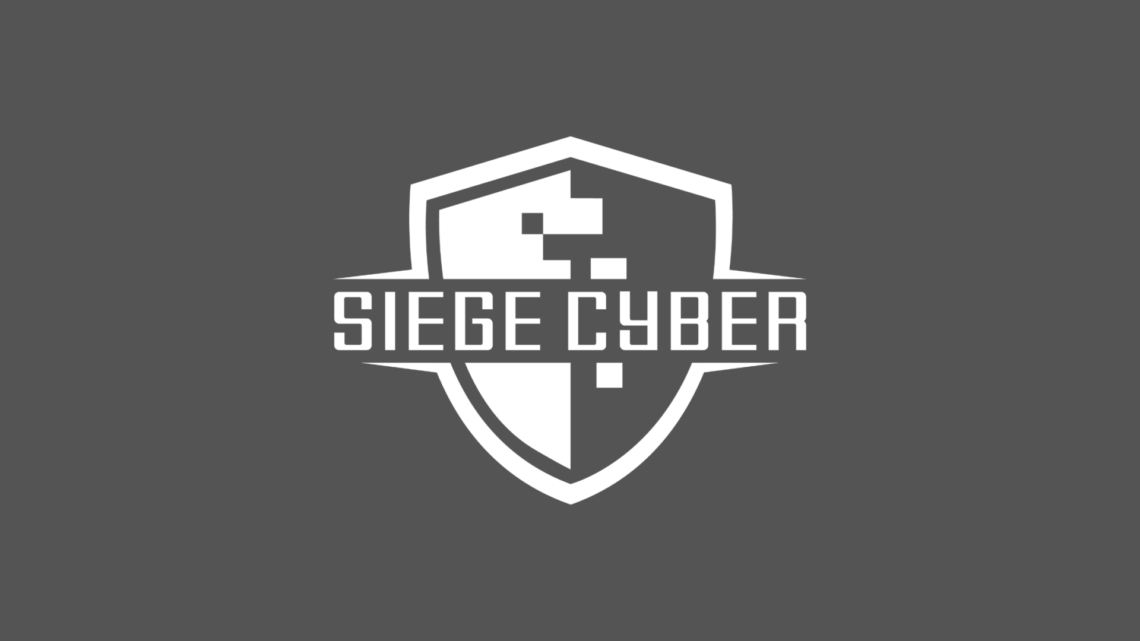
Cyber Information Governance Frameworks and Standards in Australia
As we delve further into the digital age, the importance of cyber information governance cannot be overstated. With cyber threats evolving daily, establishing a robust governance framework is not only about protecting assets but also about building a resilient foundation for business continuity and trust. For cybersecurity professionals, IT governance enthusiasts, compliance auditors, and business owners in Australia, staying abreast of the national frameworks and standards is imperative.
Introduction
Cyber information governance forms the backbone of an organisation’s cybersecurity posture. With sensitive data being exchanged at unprecedented rates, the need to understand and implement effective governance frameworks is at an all-time high.
Overview of Cyber Information Governance
In essence, cyber information governance encompasses the policies, protocols, and mechanisms that an organisation uses to manage and protect its data assets. Key principles include the alignment of cybersecurity with business strategy, regulatory compliance, risk management, and the safeguarding of stakeholder interests.
Cyber Information Governance Frameworks in Australia
Australia has instituted several comprehensive cybersecurity frameworks to guide organisations in protecting their information assets. These include:
Information Security Manual (ISM)
Developed by the Australian Cyber Security Centre (ACSC), the ISM provides guidance to government agencies in protecting their ICT systems from cybersecurity threats. It is closely aligned with the strategic interests of national security.
Protective Security Policy Framework (PSPF)
The PSPF outlines the government’s expectations for non-corporate Commonwealth entities in managing security risks to people, information, and assets. This ensures a consistent approach across agencies.
AS/NZS ISO/IEC 27001
This standard provides a framework for establishing, implementing, maintaining, and continuously improving information security management systems within the context of an organisation’s overall business risks.
Key Standards and Regulations
Governance frameworks are reinforced by relevant standards and regulations, including:
Privacy Act of 1988
This Act regulates the handling of personal information about individuals. The recent amendments, including the Notifiable Data Breaches scheme, impose stricter requirements on organisations.
General Data Protection Regulation (GDPR)
Although a European Union regulation, the GDPR applies to Australian businesses that have an establishment in the EU, offer goods and services in the EU, or monitor the behaviour of individuals in the EU.
The impact on cyber information governance rests in the need for Australian organisations to ensure compliance with international standards, particularly concerning data privacy and protection.
Benefits of Implementing Frameworks and Standards
Establishing and adhering to cyber information governance frameworks can:
- Enhance data protection by providing structured protocols for managing sensitive data.
- Improve risk management through regular identification, evaluation, and mitigation of cybersecurity risks.
- Increase customer trust as reassurance that their personal data is managed responsibly.
Challenges and Considerations
However, there are hurdles in adopting such frameworks:
- Integrating new standards may be challenging, especially for organisations with legacy IT systems.
- Ongoing maintenance and updates require constant vigilance and resources.
- There’s a need for a culture shift within organisations to prioritise cybersecurity governance.
Best Practices for Successful Implementation
To successfully implement these frameworks, organisations should:
- Develop a comprehensive strategy that aligns with business objectives and legal requirements.
- Conduct regular cybersecurity assessments and audits to identify gaps.
- Foster a culture of cybersecurity awareness through training and engagement.
Conclusion
In conclusion, the increasing complexity of threats and a dynamic regulatory landscape make it crucial for Australian entities to adopt sound cyber information governance frameworks and standards. Organisations such as Siege Cyber play a critical role in offering the expertise and support needed to navigate this challenging but essential process. Through diligent application of the frameworks and adherence to standards, Australian businesses can fortify their defence against cyber threats and secure their digital future.
About Siege Cyber
Siege Cyber is a leader in providing comprehensive cybersecurity solutions and services, helping organisations to build resilient cyber information governance strategies and ensure compliance with industry standards and regulations. Contact Siege Cyber today to fortify your cybersecurity posture.